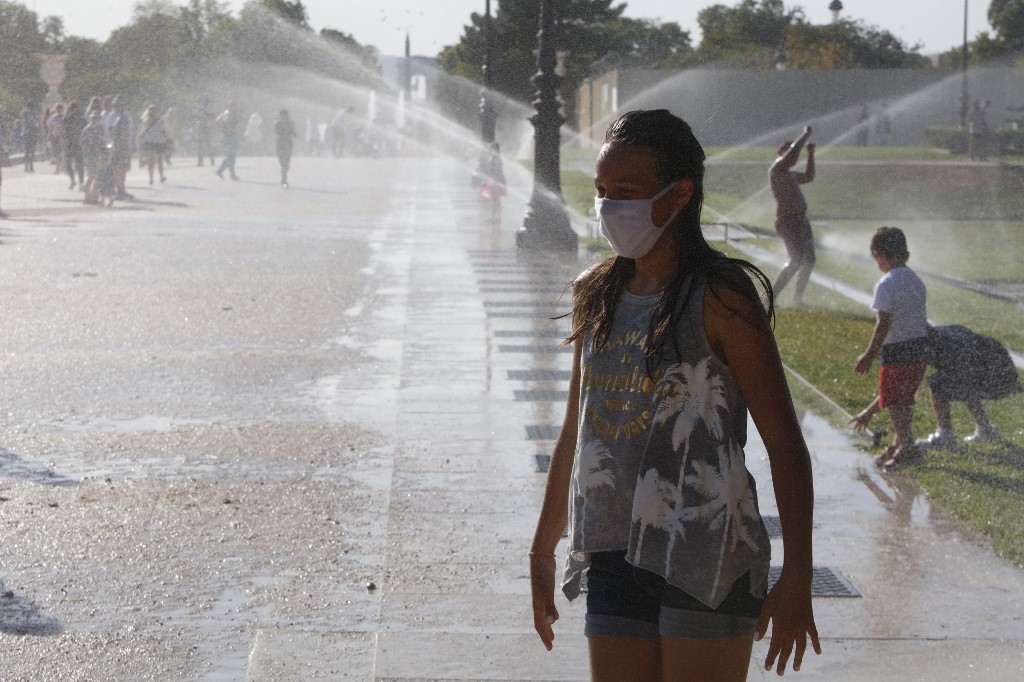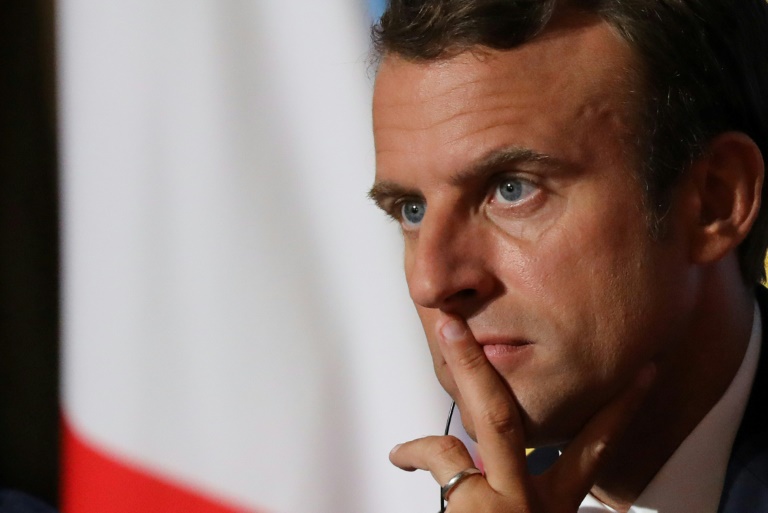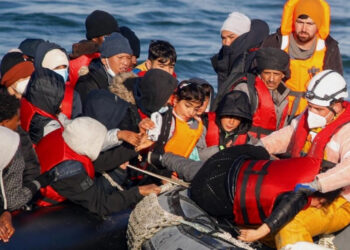French officials on Monday reported 400 to 500 active coronavirus outbreak clusters around the country, but health officials are clear that they do not believe this is the second wave of COVID-19 infections.
During the first wave of the virus, France was hit hard. As of today, over 30,150 people have died due to the virus, while over 200,000 cases have been reported.
Officials say the emerging outbreak clusters are largely isolated, confined to nursing homes or slaughterhouses, but that some infections were the results of family reunions and summer vacations.
Infection Spread Rate
The southern French cities of Nice and Marseille have higher rates of COVID-19 spread than other parts of the country. The spread of infection is measured by the scientific R0, pronounced “R not.” R0 measures, on average, how many new people one person carrying the virus will infect.

France’s nationwide R0 is 1.2, meaning that one infected individual will cause 1.2 new cases of coronavirus. In Nice and Marseille, the R0 is slightly higher, at 1.55, according to AFP.
The city of Brittany is reporting an R0 of 2.6, meaning the virus is spreading there at a much higher rate than in the rest of France. On July 10, the R0 in Brittany was just 0.92 and jumped to 2.6 in just a few days.
France’s Second Wave?
Though cases are rising throughout the country, Health Minister Olivier Veran said Monday that he does not believe there are signs of an imminent second wave.
He told French news outlet France Info that people are worn out by the virus and slowly growing more relaxed with their behaviors to stall the virus.
“We must remain vigilant,” Veran said.
On Monday, France also made masks mandatory in all public spaces, including restaurants, shops, and other businesses. Previously, business owners could decide whether their patrons were required to wear face coverings.
If there is a second wave of the virus, the government has ruled out a total lockdown like the one they imposed in March during COVID-19’s first wave.
“My aim is to prepare France for a possible second wave while preserving our daily life, our economic, and social life,” Prime Minister Jean Castex said in a television interview on July 8. “But we’re not going to impose a lockdown like the one we did last March, because we’ve learned… that the economic and human consequences from a total lockdown are disastrous.”























